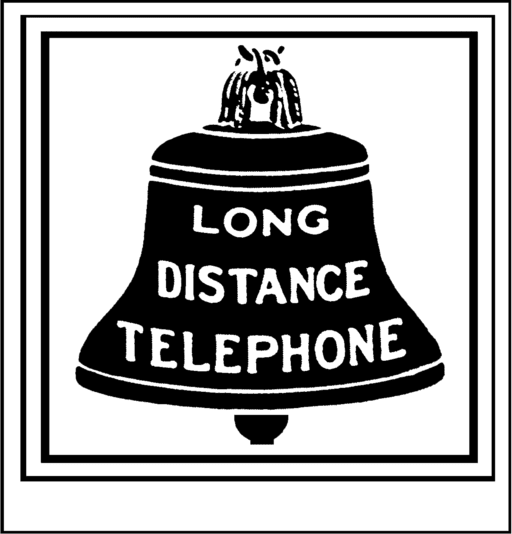You love your family member and want to support them as they grow older…but you live in a different state- now what?
The National Institute on Aging defines long-distance caregiving as caring for someone you live at least an hour-long car ride away from. Long-distance caregiving is more common than you may think! According to a 2017 study, it’s estimated that between five to seven million people care for a loved one that lives 100 or more miles away. Much like Millennial caregivers, long-distance caregivers can feel like an outsider in caregiving support groups because they don’t fit the mold of the “traditional” caregiver. It’s not uncommon for long-distance caregivers to have higher stress, feel less support, have higher anxiety and more burden that “traditional caregivers. So, what can be done?
Anticipate needs and setup services now
Research services available in your loved one’s neighborhood and ask for recommendations from neighbors if possible. Is there a company that everyone goes through for their snow removal? What about a cleaning service? Does your loved one get out of the house fairly regularly, or would they benefit from Meals on Wheels?
Stay connected with your loved one
It’s much easier to stay in touch with technology! Schedule a weekly check in phone call with your loved one. If they’re tech savvy enjoy Facetiming or video calling with them. If they’re not as techy, a phone call can also work to let you feel connected to your loved one while listening for red flags that they might need more help. See if you can talk to a neighbor or family member that lives nearby to give you a realistic look at how your loved one is doing. Speaking of technology…
Attend appointments remotely
See if your loved one’s doctor will let them Facetime their appointments so you can be there without hopping on a plane. This is a great tool to make sure that your loved one is not confused by instructions and that you get your questions answered. Your loved one may have to sign a consent form before the doctor will talk with you.
Plan to get as much done as possible during visits
When you do visit, have a plan.
Before the visit:
- Ask your loved one if there is anything specific they’d like to do
- Check in with the primary caregiver and ask how you can help them
- Ask the primary caregiver if there’s anything your loved one needs
During the visit
- Remember to take time to enjoy being with your loved one
- Be sure not to over-schedule your time together or focus exclusively on appointments
- Watch for signs that your loved one might need additional help
- Make sure you have up to date numbers for your loved one’s doctor, etc.
Practice self–care
You are not less of a caregiver because you live far away. Focus on what you can do instead of beating yourself up for what you can’t do because of distance.
Bookmark the Ahead of the Curve Resource Directory to stay up to date on programs and services for older adults in Washtenaw County.






